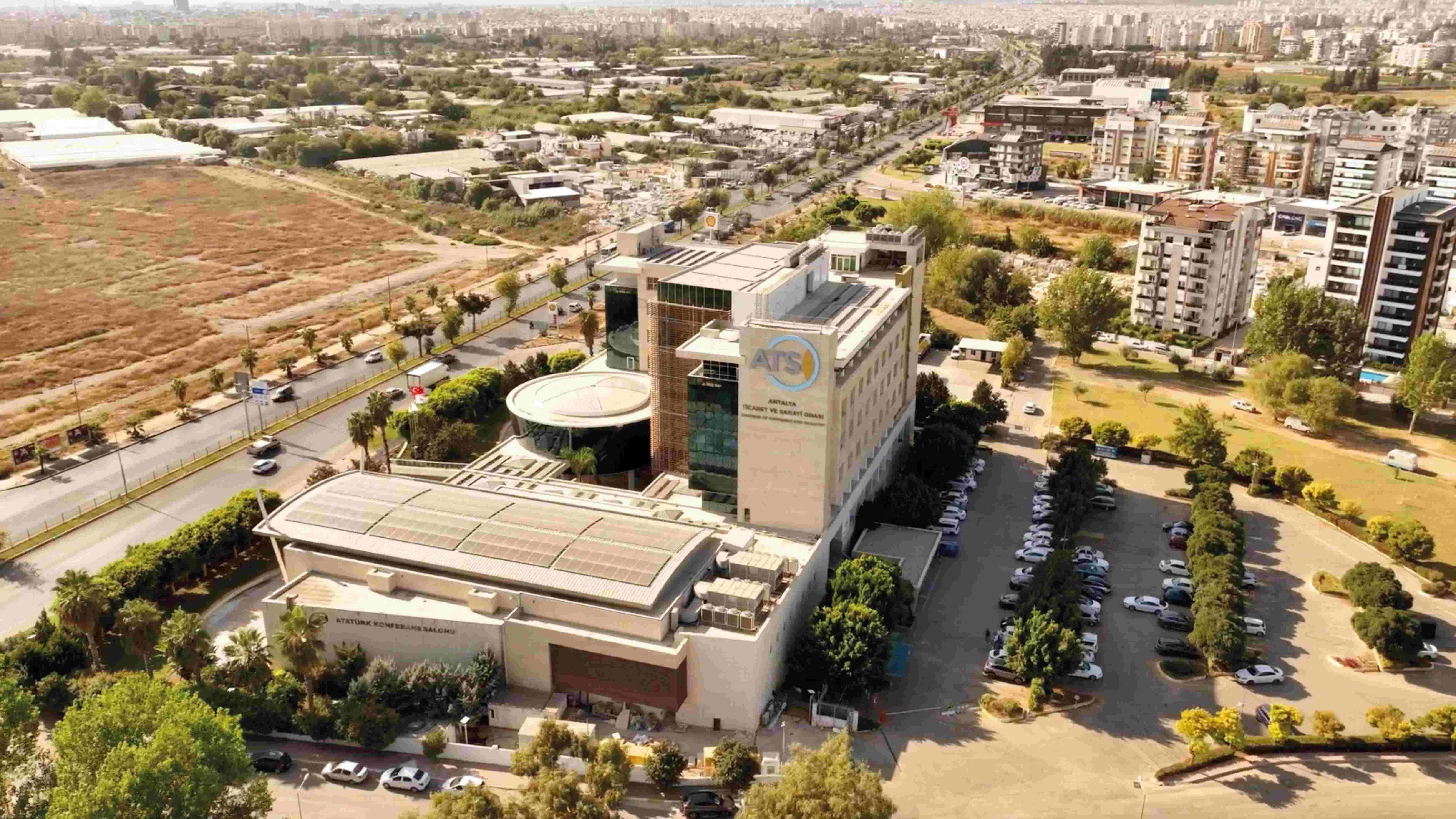Efforts for energy conservation in public sector
Mithat Yurdakul - ANKARA

The Energy and Natural Resources Ministry has produced a conservation guide that recommends heating government offices to a maximum of 22 degrees Celsius in winter, installing solar panels on their roofs, and using bicycles for campus transportation at public institutions.
Energy conservation begins at the state level. According to a guide prepared by the Energy and Natural Resources Ministry in accordance with a presidential circular, purchasing electric vehicles, such as buses and cars, in the public sector will be a priority.
Solar panels will be installed on the roofs and parking lots of public buildings. The ambient temperature in public buildings will be kept at a maximum of 22 degrees during the heating season (winter) and at least 24 degrees during the cooling season (summer). Bicycles or electric vehicles will be encouraged for campus transportation in public facilities.
According to the "Savings Target and Implementation Guide for Public Buildings," electric vehicles will be given priority in the purchase of motor vehicles, such as new buses and cars, in the public sector.
In order to use public resources efficiently and reduce energy costs, the 15 percent energy savings target for public buildings will be increased to 30 percent.
Buildings with a total annual energy consumption of more than 250 tons of oil equivalent (TOE) or public buildings with a total construction area of more than 10,000 square meters will appoint an "energy manager."
Exterior insulation and window replacement measures will be implemented in buildings that are not seismically vulnerable and are not rented. Leaks in doors and windows will be identified, and necessary repairs will be made to ensure air tightness.
Replace fluorescent lighting with LED lighting when it has reached or is nearing the end of its economic life. The use of presence or motion sensors in areas such as sinks and corridors will be implemented.
Taking into account criteria such as appropriate shading and south facades in buildings, the installation of photovoltaic panels on roofs and parking lots to cover self-consumption, and the installation of charging stations for electric vehicles in parking lots will be completed by the end of the period.
Necessary arrangements will be made to increase sustainable mobility in campus transportation, and transportation by bicycle or electric vehicle will be encouraged.
Energy will be provided at the most affordable price through competitive bidding in buildings that meet the criteria for free consumption of natural gas and electricity.
Emrullah Eruslu, president of the Heat, Water, Sound and Fire Insulatation Association (İZODER), pointed out that it will be possible to achieve the desired energy saving goals in public buildings if the insulation is applied correctly.
“Insulated buildings reduce energy costs by 50 percent, making a significant contribution to the budget and the environment,” Eruslu said.
“Improving the existing building stock is crucial for energy efficiency in Türkiye,” he added. “At this point, we think it is very valuable for the public sector to take the lead and make its existing inefficient buildings energy efficient.”
















